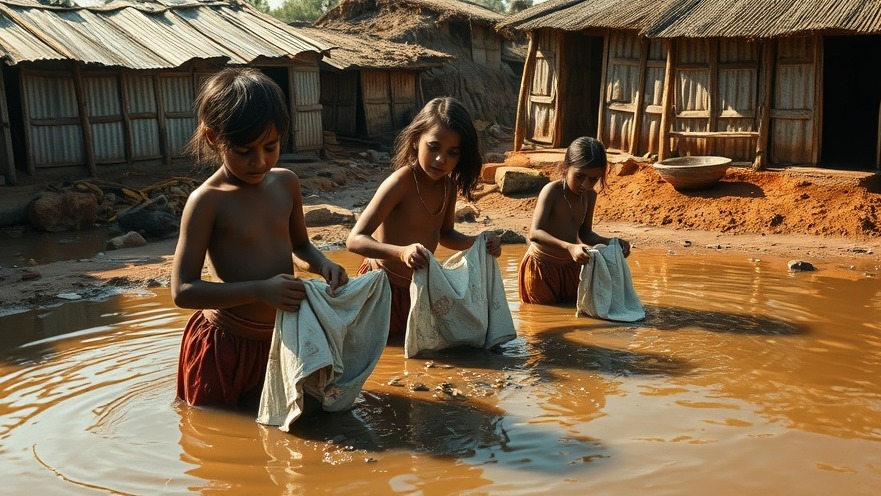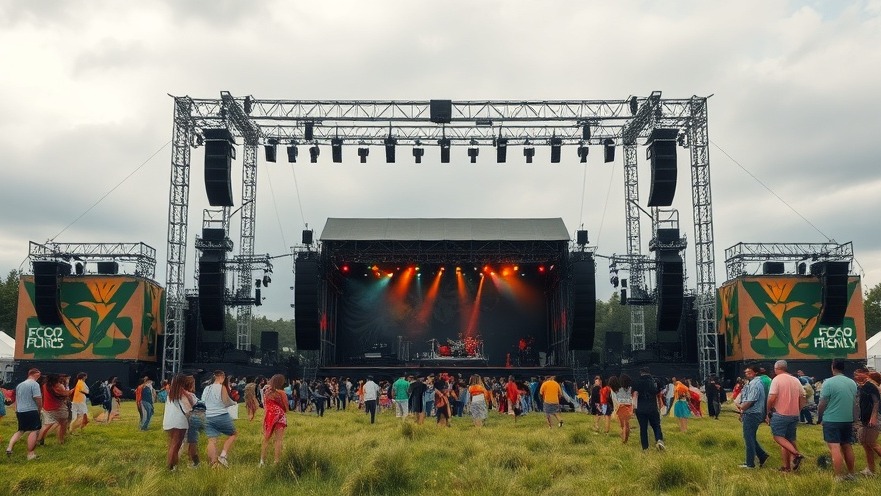
Bee Hotels: A Lifeline for Declining Native Pollinators
As wildfires rage across the globe, exacerbated by climate change, they present an ever-looming threat to biodiversity, particularly affecting essential pollinators like native bees. Recent research led by conservationist Dr. Kit Prendergast from the University of Southern Queensland (UniSQ) shines a light on a novel solution: bee hotels. These artificial nesting structures serve as a sanctuary for cavity-nesting insect species, proving to be a critical component for the recovery of pollinator populations post-wildfire.
The Role of Bee Hotels in Ecosystem Recovery
Bee hotels are designed to be installed in gardens and natural landscapes, helping to create safe havens for vital pollination activities. Prendergast’s study revealed striking results from their efforts in the bushfire-impacted regions of Western Australia. They constructed 1,000 bee hotels—half from wooden blocks and half from PVC and bamboo—placing them strategically across five devastated sites. Over a period of seven months, they monitored the activity of both native bees and honey bees, their more competitive counterparts.
In a remarkable finding, each bee hotel was used, with over 800 nests occupied by native bees. This success is pivotal, affirming that intentionally designed habitats can facilitate natural recolonization. The significant increase in native bee activity at hotel sites, as compared to control areas lacking such structures, provides compelling evidence of their effectiveness.
The Importance of Supporting Pollinator Recovery
Pollinators are indispensable for numerous flowering plants, and their decline jeopardizes not just ecological diversity but also agricultural productivity. The study emphasizes the need for focused recovery strategies that include native bees, who often serve as the primary pollinators of wildflowers. "Finding a practical way to support their recolonization and recovery after bushfires is crucial," noted Prendergast, highlighting an often-overlooked aspect of ecological restoration.
How Climate Change Fuels Wildfire Intensity
The landscape of Australia, much like many fire-prone areas globally, has been increasingly subjected to unprecedented wildfire behavior, intensifying under climate change conditions. The implications extend beyond immediate destruction, destabilizing plant-pollinator dynamics and leading to long-lasting ecosystem damage. Without proactive measures, including initiatives like bee hotels, native bee populations may never fully recover.
Integrating Sustainability: Practical Insights for Hoteliers
For boutique hotel owners and eco-lodge operators, the concept of integrating bee hotels into landscapes is not just beneficial from an ecological perspective; it can be a unique selling point for guests eagerly seeking sustainable experiences. Eco-conscious travelers are increasingly looking for accommodations that contribute positively to the environment. By adopting chaos gardening practices that include planting native flora and providing habitats for pollinators, hoteliers can enhance the guest experience while contributing to meaningful ecological restoration.
Taking Action: Steps You Can Take Today
There are several steps hoteliers can take to initiate recovery efforts in their locales:
1. **Install Bee Hotels**: Create a welcoming environment for pollinators by placing bee hotels around your property.
2. **Support Native Flora**: Plant local wildflowers that attract and nourish native bee populations.
3. **Educate Guests**: Share information about the importance of pollinators and the role your business plays in their recovery.
Creating a Buzz Around Biodiversity
As the world continues to grapple with climate change and its effects, the simple act of providing nesting sites for native bees through bee hotels can serve as a transformative catalyst for ecological restoration. By embracing sustainable practices that nurture pollinator populations, boutique hospitality professionals not only enrich their offerings but contribute significantly to the broader ecological health of their regions.
Let’s make every hotel stay an opportunity for guests to engage with their environment positively, ensuring the well-being of our planet's vital ecosystems for years to come.
 Add Row
Add Row  Add
Add 




Write A Comment